Embark on CNA Progression 2 Unit 4, where aspiring Certified Nursing Assistants delve into the intricacies of patient care, communication, and ethical considerations. This unit equips CNAs with the foundational knowledge and skills to provide compassionate and competent care to patients in diverse healthcare settings.
Throughout this unit, CNAs will explore the principles of patient safety, effective communication techniques, and the importance of cultural sensitivity. They will gain insights into the legal and ethical responsibilities of CNAs and learn strategies for maintaining patient confidentiality and privacy.
CNA Progression Unit 4 Overview
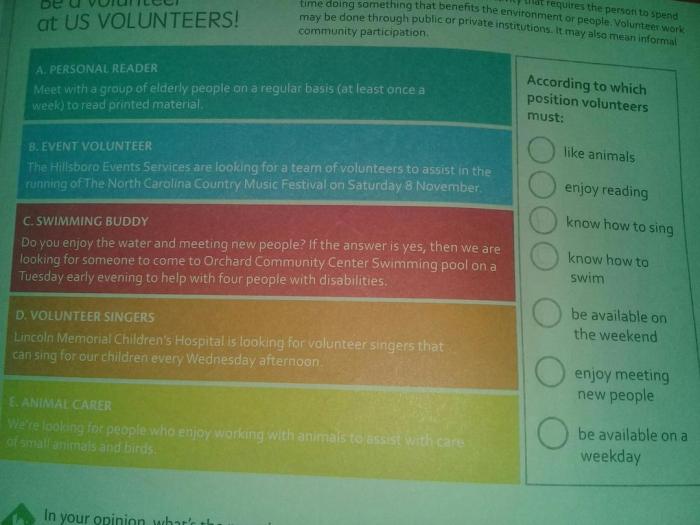
Unit 4 of the CNA Progression focuses on medication administration, a crucial aspect of providing safe and effective patient care. This unit equips learners with the knowledge and skills necessary to administer medications accurately and safely, ensuring optimal patient outcomes.
Learning Objectives
Upon completing Unit 4, learners will be able to:
- Understand the principles of medication administration.
- Identify different types of medications and their routes of administration.
- Calculate medication dosages and prepare medications for administration.
- Monitor patients for adverse reactions to medications.
- Document medication administration accurately.
li>Administer medications safely and accurately.
Importance of Unit 4
Unit 4 plays a vital role in the CNA progression as it provides the foundation for safe and effective medication administration. By mastering the concepts and skills covered in this unit, CNAs can ensure that patients receive the correct medications at the right time and in the right way, contributing to positive patient outcomes and overall patient safety.
Essential Skills and Knowledge
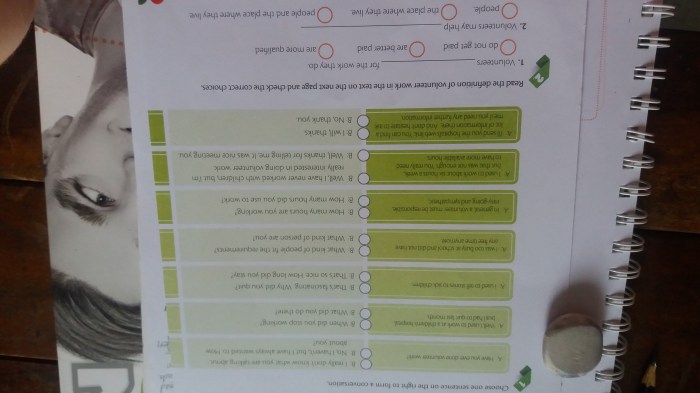
In Unit 4, CNAs acquire a range of essential skills and knowledge that enhance their ability to provide quality care to patients. These skills and knowledge include:
Patient Assessment and Monitoring
- Gathering and documenting patient data, including vital signs, medical history, and current symptoms
- Recognizing changes in patient condition and reporting them to the appropriate healthcare professional
- Monitoring patients for signs and symptoms of infection, dehydration, and other complications
Wound Care
- Assessing and cleaning wounds
- Applying dressings and bandages
- Monitoring wounds for signs of infection or healing
Medication Administration
- Following medication orders accurately
- Administering medications safely and effectively
- Monitoring patients for any adverse reactions to medications
Patient Care
- Providing personal care, such as bathing, dressing, and toileting
- Assisting patients with mobility and activities of daily living
- Providing emotional support and comfort to patients and their families
Methods and Procedures for Developing Skills and Acquiring Knowledge
CNAs develop these skills and acquire knowledge through a combination of classroom instruction, hands-on practice, and clinical experience. Classroom instruction provides the theoretical foundation for the skills and knowledge, while hands-on practice and clinical experience allow CNAs to apply their learning in a real-world setting.
Specific methods and procedures for developing skills and acquiring knowledge include:
- Lectures and discussions
- Demonstrations and simulations
- Case studies and role-playing
- Supervised clinical practice
- Continuing education and training
Comparison of Skills and Knowledge Gained in Unit 4 with Those from Previous Units
The table below compares the skills and knowledge gained in Unit 4 with those from previous units:
| Unit | Essential Skills and Knowledge |
|---|---|
| Unit 1 | Patient rights and responsibilities, infection control, communication, and basic nursing skills |
| Unit 2 | Medical terminology, anatomy and physiology, and nutrition |
| Unit 3 | Geriatric care, end-of-life care, and mental health |
| Unit 4 | Patient assessment and monitoring, wound care, medication administration, and patient care |
Patient Care and Safety
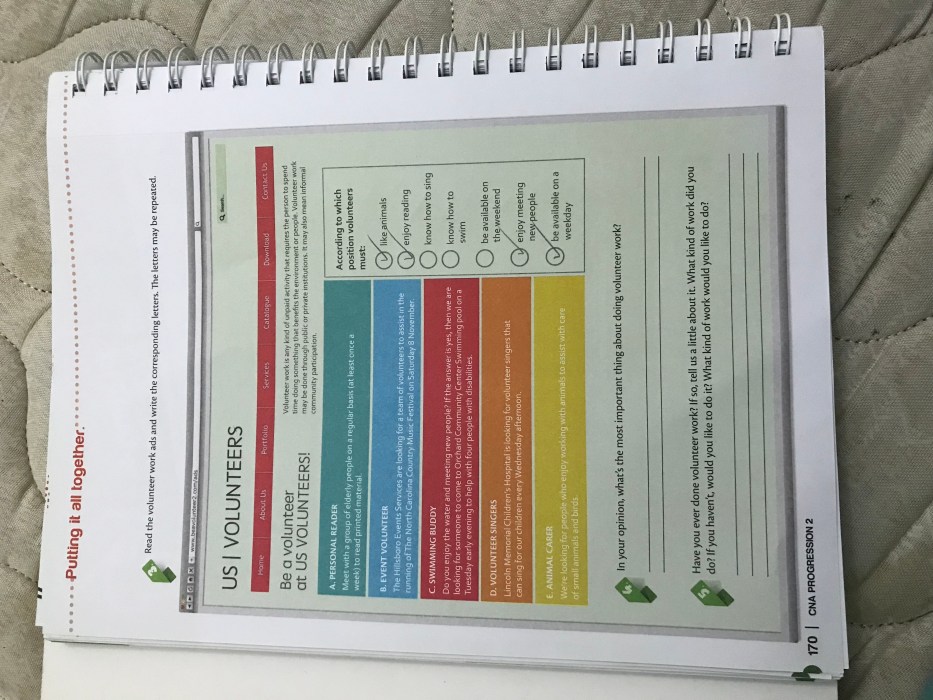
Patient care and safety are paramount in healthcare, and CNAs play a vital role in ensuring patient well-being. In Unit 4, we delve into the principles and practices that guide CNAs in providing safe and compassionate care.
To ensure patient safety, CNAs must be vigilant in adhering to established protocols, maintaining a clean environment, and communicating effectively with patients and healthcare professionals. They must also possess the knowledge and skills to recognize and respond to potential hazards, such as falls or medication errors.
Best Practices for Maintaining a Clean and Safe Environment
Maintaining a clean and safe environment is essential for preventing infections and promoting patient well-being. CNAs should adhere to the following best practices:
- Regularly clean and disinfect surfaces, equipment, and patient areas.
- Wear appropriate personal protective equipment (PPE), such as gloves and gowns, when necessary.
- Handle and dispose of sharps and other hazardous materials safely.
- Monitor patients for signs of infection or illness and report any concerns promptly.
Communication and Interpersonal Skills: Cna Progression 2 Unit 4
Effective communication and interpersonal skills are essential for Certified Nursing Assistants (CNAs) to provide quality patient care. CNAs interact with patients, families, colleagues, and other healthcare professionals, and their ability to communicate effectively can significantly impact patient outcomes and job satisfaction.
Communication in patient care involves verbal, nonverbal, and written communication. Verbal communication includes speaking clearly and concisely, actively listening, and asking clarifying questions. Nonverbal communication encompasses body language, facial expressions, and tone of voice. Written communication includes documentation, emails, and text messages.
Strategies for Building Rapport and Maintaining Positive Relationships, Cna progression 2 unit 4
Building rapport and maintaining positive relationships with patients and colleagues is crucial for CNAs. Here are some strategies to enhance communication and interpersonal skills:
- Use active listening techniques: Maintain eye contact, nod, and ask clarifying questions to demonstrate engagement.
- Speak respectfully and use appropriate language: Avoid using jargon or medical terms that patients may not understand.
- Be empathetic and understanding: Show compassion and acknowledge patients’ feelings and concerns.
- Maintain confidentiality: Respect patient privacy and keep all information confidential.
- Collaborate with colleagues: Communicate effectively with other healthcare professionals to ensure continuity of care.
- Be approachable and friendly: Smile, greet people warmly, and introduce yourself to new patients and colleagues.
- Resolve conflicts professionally: Address conflicts calmly and respectfully, focusing on finding solutions rather than blaming others.
Legal and Ethical Considerations
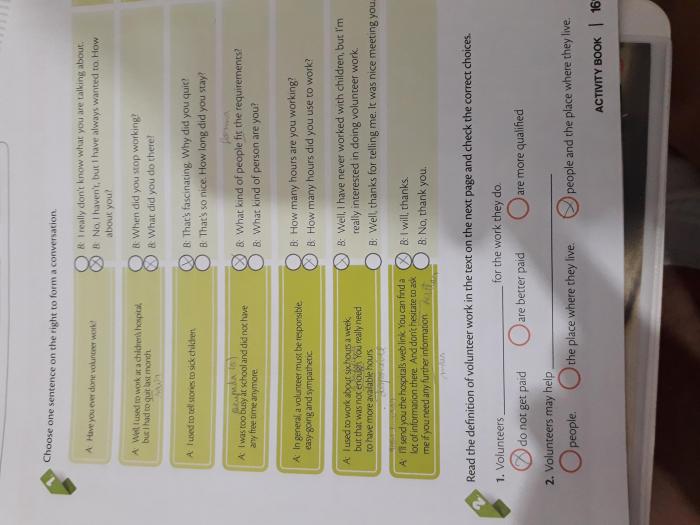
As CNAs, understanding legal and ethical considerations is paramount. These guidelines protect patients’ rights, maintain confidentiality, and guide professional conduct.
CNAs must adhere to federal and state laws, such as the Health Insurance Portability and Accountability Act (HIPAA), which protects patient privacy. Ethical dilemmas may arise when balancing patient needs with legal obligations, such as reporting suspected abuse or neglect.
Patient Confidentiality and Privacy
CNAs play a crucial role in maintaining patient confidentiality and privacy. They must only access patient information on a need-to-know basis and protect it from unauthorized disclosure. HIPAA regulations Artikel strict protocols for handling and sharing patient information, including obtaining written consent before releasing any data.
CNA progression 2 unit 4 has been an enriching journey, offering a glimpse into the world of elder care. Delving into the complexities of aging, we’ve discovered the significance of compassion and empathy. Exploring pearls of omega psi phi , we’ve learned about the importance of community and service.
Returning to CNA progression 2 unit 4, we’re equipped with a renewed appreciation for the challenges and rewards of working with the elderly.
Cultural Sensitivity and Diversity
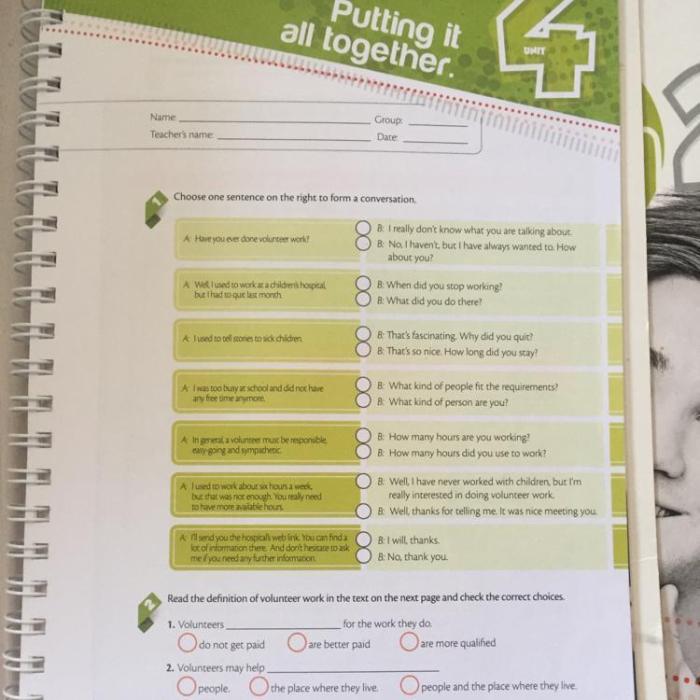
Cultural sensitivity and diversity are essential in providing patient care as they promote understanding, respect, and equitable treatment for individuals from various cultural backgrounds. Recognizing and respecting cultural differences helps CNAs provide culturally competent care that meets the specific needs and preferences of patients.
Demonstrating Cultural Sensitivity
CNAs can demonstrate cultural sensitivity through various interactions with patients, including:
- Active listening:Paying attention to verbal and non-verbal cues, asking open-ended questions, and allowing patients to express themselves fully.
- Using respectful language:Avoiding jargon, using clear and concise language, and addressing patients by their preferred name and title.
- Observing cultural practices:Being aware of and respecting cultural beliefs, customs, and traditions related to health and healthcare.
- Providing culturally appropriate care:Adapting care plans and interventions to align with patients’ cultural values, beliefs, and preferences.
- Seeking cultural guidance:Consulting with interpreters, cultural liaisons, or community leaders to gain insights and guidance on providing culturally sensitive care.
Challenges and Rewards
Working with patients from diverse backgrounds presents both challenges and rewards:
- Challenges:Language barriers, cultural misunderstandings, and differing perspectives on health and illness can create communication and care provision challenges.
- Rewards:Embracing diversity fosters a sense of inclusivity, promotes cultural exchange, and enriches the CNA’s professional experience.
Top FAQs
What are the key learning objectives for CNA Progression 2 Unit 4?
This unit focuses on developing essential skills and knowledge in patient care, communication, and ethical considerations.
How does Unit 4 contribute to the overall CNA progression?
Unit 4 provides a foundation for CNAs to build upon as they progress in their careers, enabling them to provide safe, compassionate, and culturally sensitive care to patients.